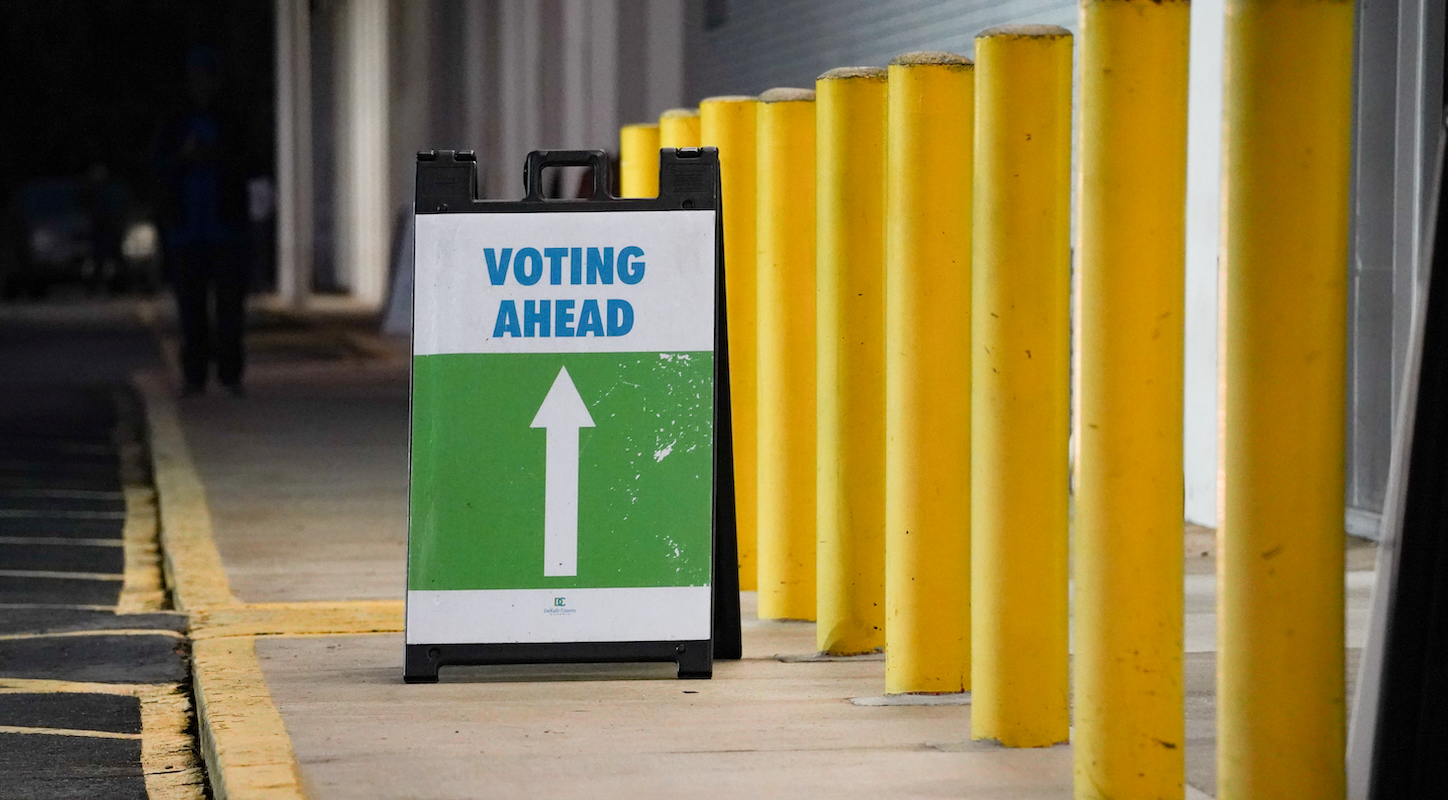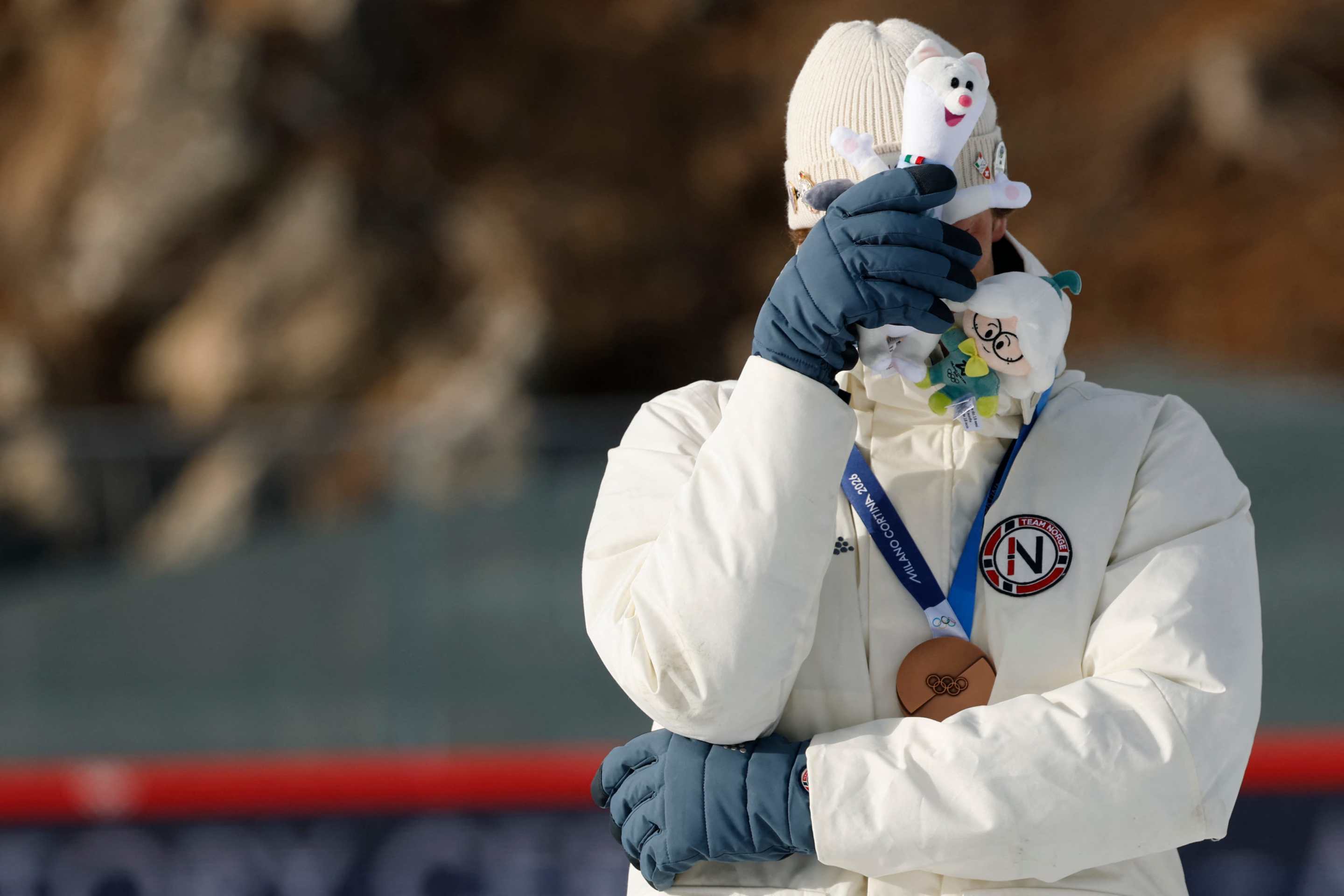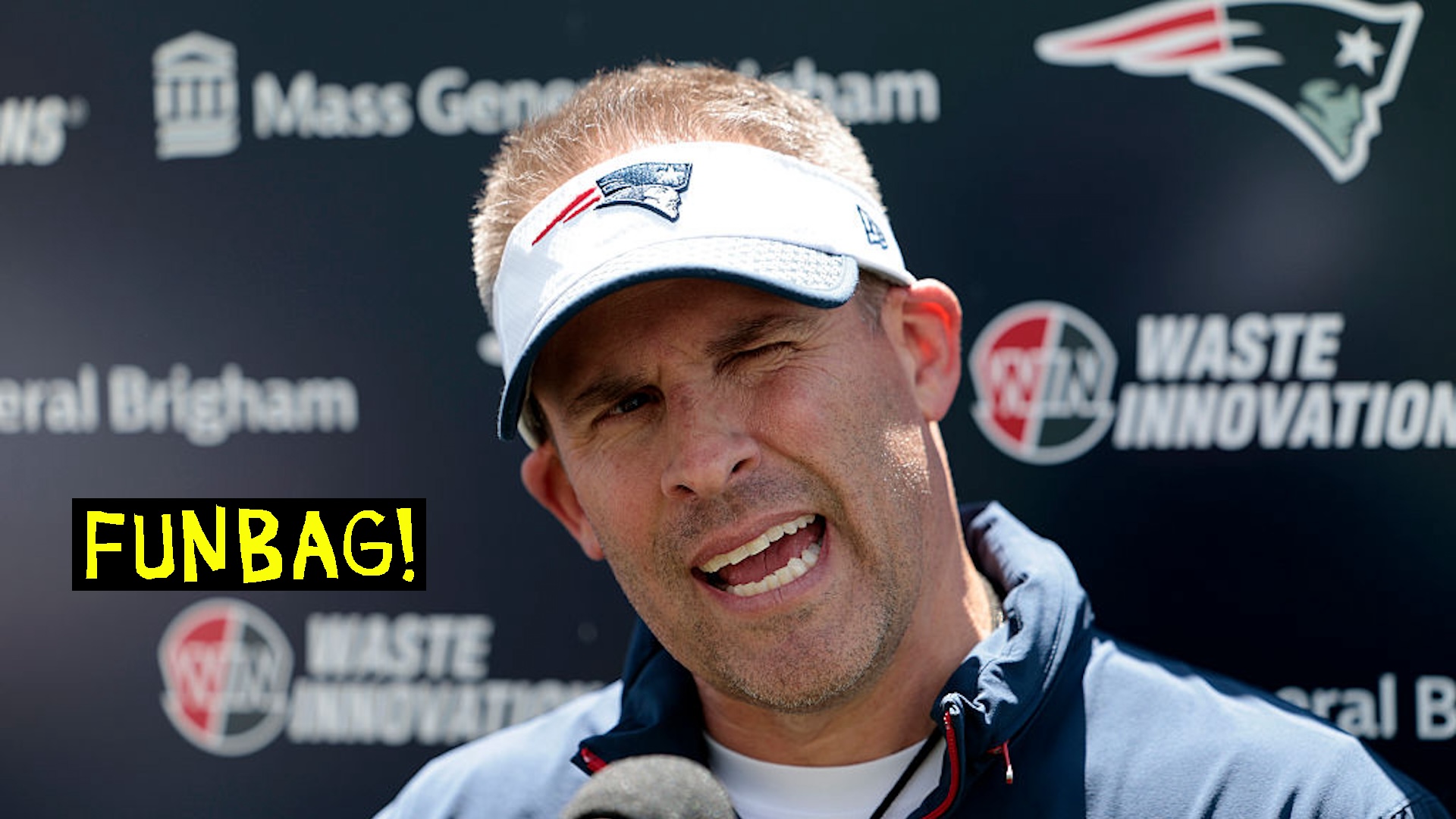Welcome to Margin of Error, a politics column from Tom Scocca, editor of the Indignity newsletter, examining the apocalyptic politics and coverage of Campaign 2024.
I voted. That was the one thing I knew I could do. I didn't get the "I VOTED" sticker because they were all out of them; it was the last hour of the first day of early voting and the line was out the door of the high school gym when I got there. It looked like they were printing out fresh ballots for each new person, to keep up with the demand, but the man who handed me my ballot was too busy to hear me ask him if the thing that looked like a printer was in fact a printer, and I didn't want to break the flow.
Was this turnout an indicator? The Trumpiest blocks in my neighborhood on the 2020 election map were Biden +72. The Harris–Walz campaign storefront on Broadway is bustling. If everybody lived here, there'd be no doubts.
Instead—you already know what it's like. The dread lies over everything. The social media feed is a gnashing machine tearing apart its own conveyor belt. Everyone has a different and inimical coping mechanism for trying to get through, and they're driving one another closer to the breaking point. Tuesday is a horizon far away across a cracked and searing desert of information; Tuesday is a vulture no more than a yard overhead audibly flapping down to feast.
I don't think Kamala Harris has blown the election. I have no idea if she's going to win or not; I just don't see how, if Donald Trump becomes president again, there's any real way to blame the Democratic nominee.
Ever since 2016, people have comforted themselves with the stories that Hillary Clinton was a singularly unlikeable candidate or that her campaign didn't take Wisconsin seriously—that she lost to Donald Trump because she fundamentally didn't deserve to win. A less blindered, more righteous candidate would have been able to bend history just a few fractions of a degree away from the track toward disaster.
Maybe. Sure, why not. But there's no convincing story this time around that Harris is making some terrible, obvious, avoidable mistake. She quickly and decisively seized the controls of the tailspinning Joe Biden candidacy and accelerated the Democratic presidential campaign into the stratosphere. She's battling in the battlegrounds, swarming the ground game, maintaining steely message discipline, and obliterating Trump in fundraising. She picked Tim Walz when the clammy centrist ghouls were demanding Josh Shapiro. Tens of thousands of people are turning out to hear her.
Her position on Gaza is terrible: a willing continuation of the Biden administration's policy of frowning sadly while throwing the nation's full military-industrial weight behind war crimes. I wish I believed, electorally, that the vast diffuse majority of Americans who want the slaughter to stop could be galvanized into a force more powerful than the organized, fanatical minority currently in charge. I wish it were clear that the potential political price of losing Dearborn, Michigan, would be steeper than the potential political price of having CNN anchors attack the nominee as an antisemite day after day. But it's hard to look at the past year of rampaging pro-Netanyahu McCarthyism and conclude that the morally odious approach is the tactically wrong one.
So I lined up and voted. I cast my first-ever presidential general election ballot for Bill Clinton, well aware that he'd made the racist human sacrifice of Ricky Ray Rector to get there. Regretting or deploring some of the choices Harris has made in building her coalition isn't the same as believing she's not running to win. I never want to be on the same side of anything as Liz Cheney, much less Dick Cheney, and I'm sure the Cheneys would feel the same way about me. Unfortunately, one of the live issues in this particular election is "Was it good or bad for a mob to smash its way into the Capitol to try to steal the 2020 election for Donald Trump?"—and Liz Cheney did stake her entire otherwise reprehensible political career on taking the correct side of that question. Beating back the mob for good means isolating and marginalizing everyone on the other side as much as possible, and that, in the world of 2024, means suffering testimonials from the Cheney family.
The alternative is unthinkable, yet somehow plausible. All the reporting says that the Donald Trump campaign is a logistical disaster. He looted the Republican National Committee to pay his own legal fees; he has hardly any staff; his voter turnout operation appears to be a bumbling human-trafficking scheme outsourced to the visibly unraveling Elon Musk. As a candidate, Trump is sagging and rambling, canceling events or falling mysteriously silent onstage or boring his own audiences into leaving. And the polls say he's within a coin toss of winning.
Some people, in some places, do have sincere and pragmatic reasons to elect Donald Trump. If your job involves despoiling the environment—as many American jobs do—your paycheck will likely be more secure under Trump, even if you might have to worry more about flash flooding or cancer. Prison guards and cops should find more opportunities if Trump becomes president again, and with more room for kinetic action and self-expression at work.
None of that, though, adds up to the tens of millions of people whom the pollsters expect to see voting for Trump. Unemployment is historically low, gas prices are down and dropping more, the stock market is at all-time highs, and the economic coverage and the economic polling and the economic coverage of the economic polling has been about nothing but the public's dread of inflation. Large segments of the country say they believe that crime is rampant, rather than low and dropping, and that cities are war zones, and that migrants are crowding out citizens, and that the Biden–Harris administration attacked the inland South with a hurricane, or at least abandoned the region to drown, or definitely did something wrong there. Musk has turned Twitter into a maelstrom of race panic and warnings about voter fraud, the voice of a billionaire cabal who somehow believe that if they smash everything, they'll come out even further ahead than they are now.
When I voted in 2016, I remember the space for Trump drawing my eye with the same perverse, fascinating power as a cop's holstered gun on the subway. You could just reach out—you wouldn't, you would never—but a person could. It was right there. And then enough people in enough places did it. I don't remember what I thought in 2020 at all. In 2024, though, even after I'd bubbled in Harris–Walz, I kept staring at the empty Trump–Vance, not quite believing it was even on the page, an open sore that stubbornly hadn't healed.






